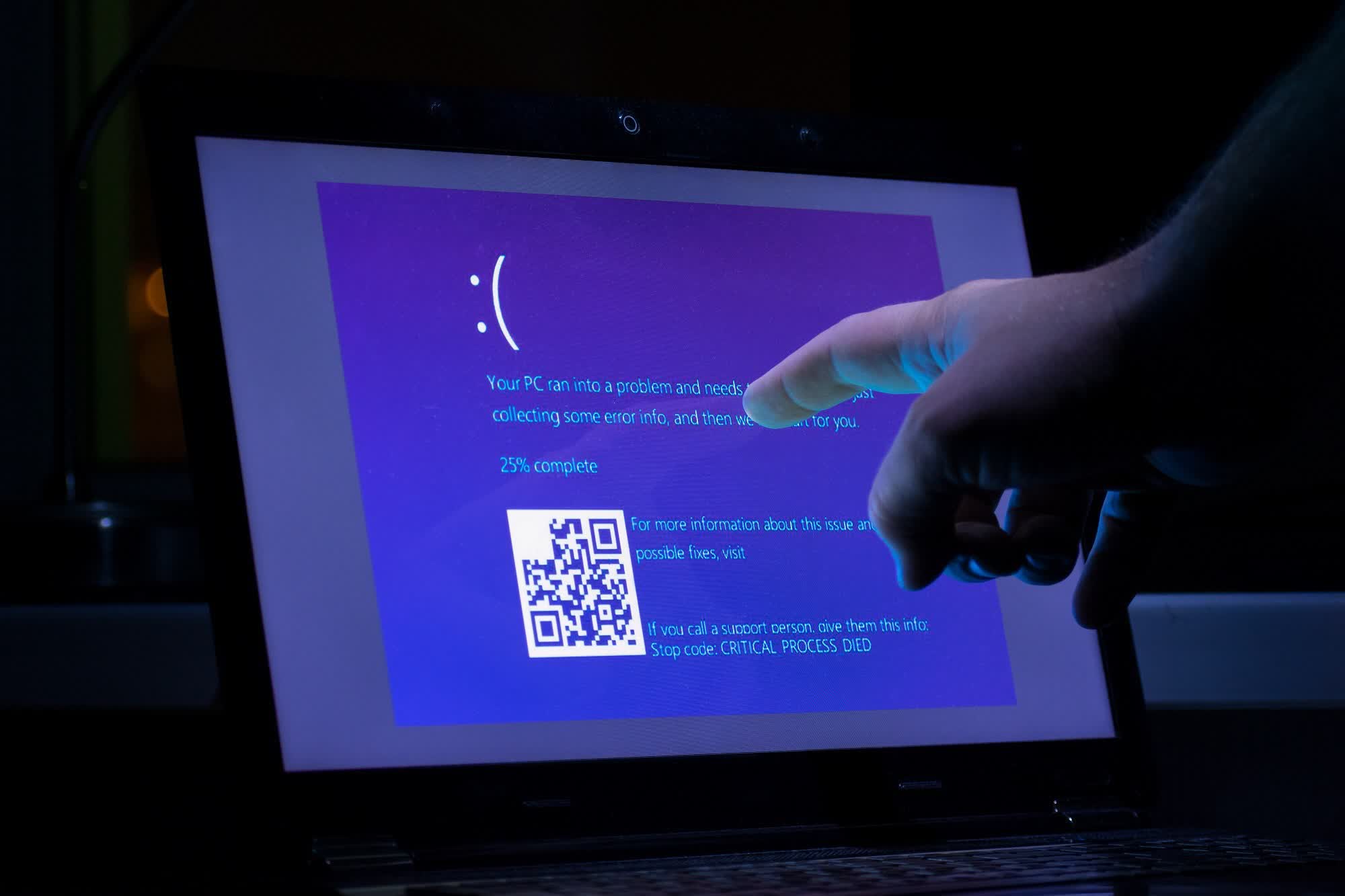Forward-looking: The blue screen of death has long been one of the most notorious aspects of Windows. Critics often cite it as a symbol of the operating system's uniquely unstable nature. However, a recent update introduces the possibility of a BSOD to certain Linux systems as well. Fortunately, the Linux edition may offer more assistance to users in resolving whatever problem triggered it.

The latest version of systemd, a software suite that provides backend services for Linux operating systems, has introduced the capability to display a BSOD upon boot failure. The update also incorporates numerous other changes.
In Version 255, a "system-bsod" can be displayed upon reaching a LOG_EMERG log level, resembling the infamous Windows system failure screen. According to Phoronix, this feature emerged from the Outreachy 2023 event. The developers note that the functionality is still experimental and may undergo significant changes.
Similar to the BSOD in recent versions of Windows, systemd's new error screen presents a QR code that users can scan to learn more about the issue. Additionally, it displays logged error messages in full-screen, providing experienced users or technicians with more information about potential problems.

Additionally, the new systemd version brings about significant changes to TMP2 support, disk encryption, disk authorization, the boot process, device and network management, hibernation, and other features. The update also overhauls the way services are spawned.
Microsoft introduced the now-infamous BSOD with Windows NT 3.1 in 1993, and it has since remained one of the most feared aspects of the OS. In 2016, the company added QR codes to BSODs from Windows 10 onward. However, the codes initially led to generic help pages containing no information about the specific offending error.
The systemd update isn't the first time this year that Linux has utilized a BSOD. In May, NTDEV released a utility that can boot from Windows into Linux after the former suffers a BSOD, enabling users to continue working and hopefully retrieve data before restarting Windows.
The development of systemd began in 2010, and it has since become one of the most popular Linux software suites. Distributions like Arch Linux, Debian, and Ubuntu enable it by default, so the new BSOD could soon gain wide adoption among Linux users.
https://www.techspot.com/news/101117-linux-getting-new-bsod-might-actually-helpful.html